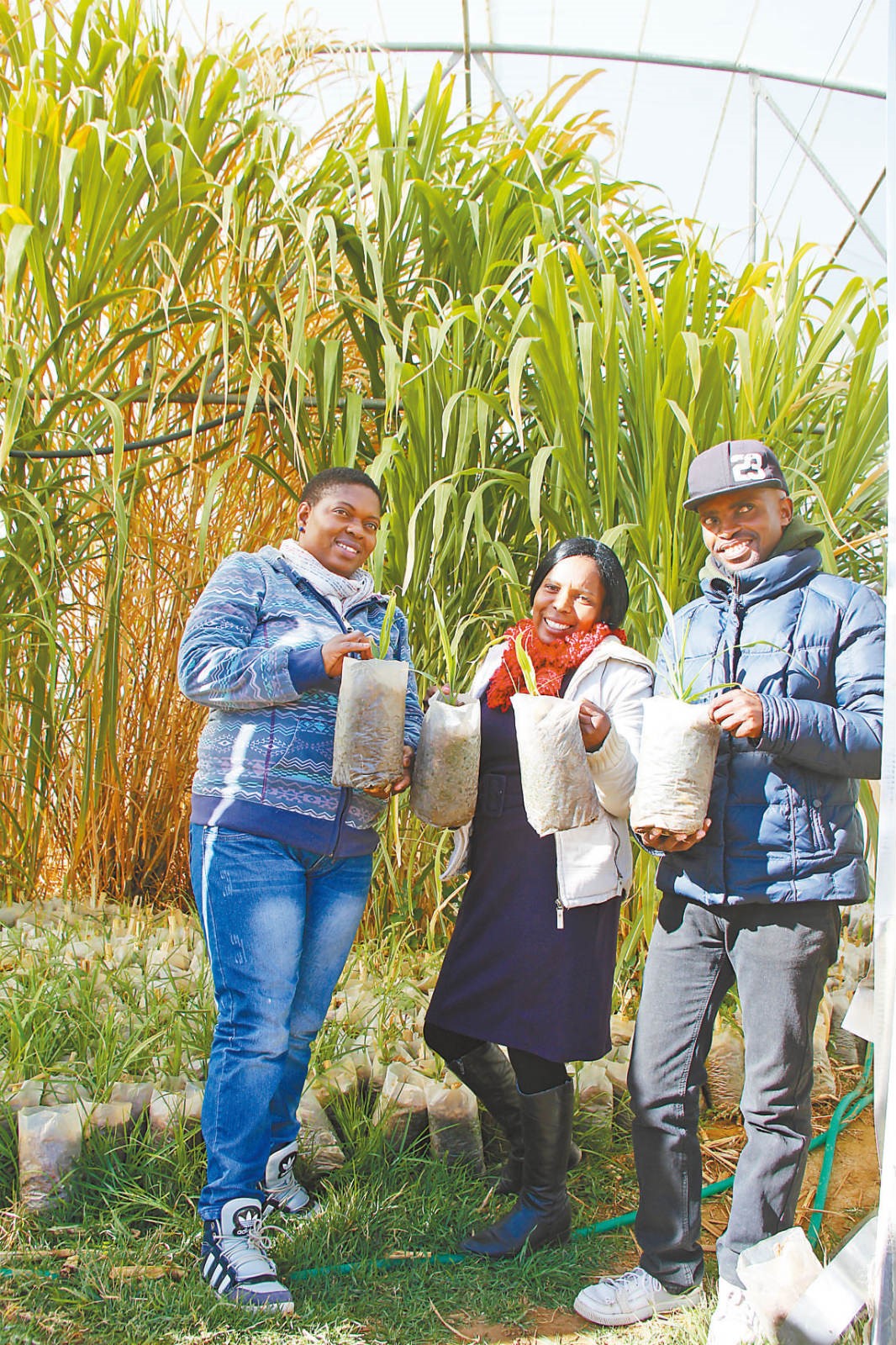Americans across party lines, regions embrace marijuanaRecreational marijuana initiatives passed in four states this year, from liberal New Jersey to conservative Montana and South Dakota
HELENA, Mont. -- Bill Stocker could be considered the archetype of a conservative voter: He's a retired Marine and former police officer who voted for President Donald Trump. But he's also among the majority of South Dakota voters who broadly legalized marijuana this month.
Stocker, 61, said enforcing marijuana laws gets in the way of pursuing other drug crimes and called warnings about the ills of marijuana “a bunch of baloney" that even people in a Republican stronghold like South Dakota no longer believe.
South Dakota's values of “personal responsibility and freedom” won out, said Stocker, who lives in Sioux Falls.
The 2020 election helped prove how broadly accepted marijuana has become throughout the United States, with measures to legalize recreational pot also breezing to victory in progressive New Jersey, moderate Arizona and conservative Montana. Fifteen states have now broadly legalized it, while 36 states allow medical marijuana.
Voters in Mississippi overwhelmingly approved medical marijuana this month, giving the drug another foothold in the South.
A Gallup Poll released Nov. 9 indicated that 68% of Americans favor legalizing marijuana — double the approval rate in 2003. That wide margin was evident in the election, with marijuana measures passing with strong bipartisan support.
In South Dakota and Montana — where Republicans swept to victory in the key races — recreational marijuana passed with at least 16 percentage points more support than Democratic President-elect Joe Biden received. South Dakota also approved medical pot, which outpolled Biden by 34 percentage points.
“We’ve waged a war against this plant for a century and by any reasonable metric, that war has been an abject failure,” said Matthew Schweich, deputy director of the Marijuana Policy Project, which favors legalization. “All it’s done is incarcerate millions of Americans, it has perpetuated racism in this country, and perhaps the worst injustice of all is that it’s deprived us of medical marijuana research.”
Marijuana is still illegal at the federal level, hurting veterans who can't be prescribed medical pot at Veterans Affairs clinics, he said.
They “come home with chronic pain and we're pushing them to opioids,” Schweich said. “That’s crazy. That’s unpatriotic and it’s a disgrace.”
Support for legalization was around 25% in 1992 when then-presidential candidate Bill Clinton tried to avoid answering questions about whether he had used marijuana before finally saying in a television interview that he had experimented with the drug, didn't like it and “didn’t inhale.”
In early 2019, Kamala Harris — now the vice president-elect — was asked about her prior marijuana use during a radio interview and acknowledged: “I did inhale.”
Brendan Johnson, a former U.S. attorney in South Dakota who supported the state's marijuana initiatives, said the campaign focused on the fact that in recent years 10% of arrests in the state were for marijuana, and most were small amounts.
“We have a real problem here where we have criminalized an entire generation of South Dakotans, and we're paying a price,” Johnson said.








